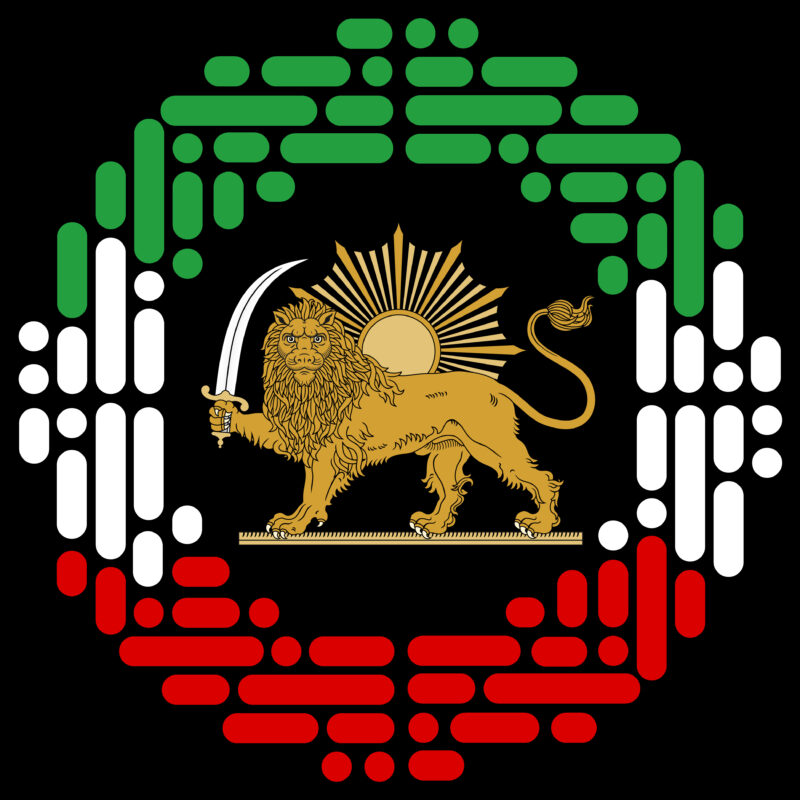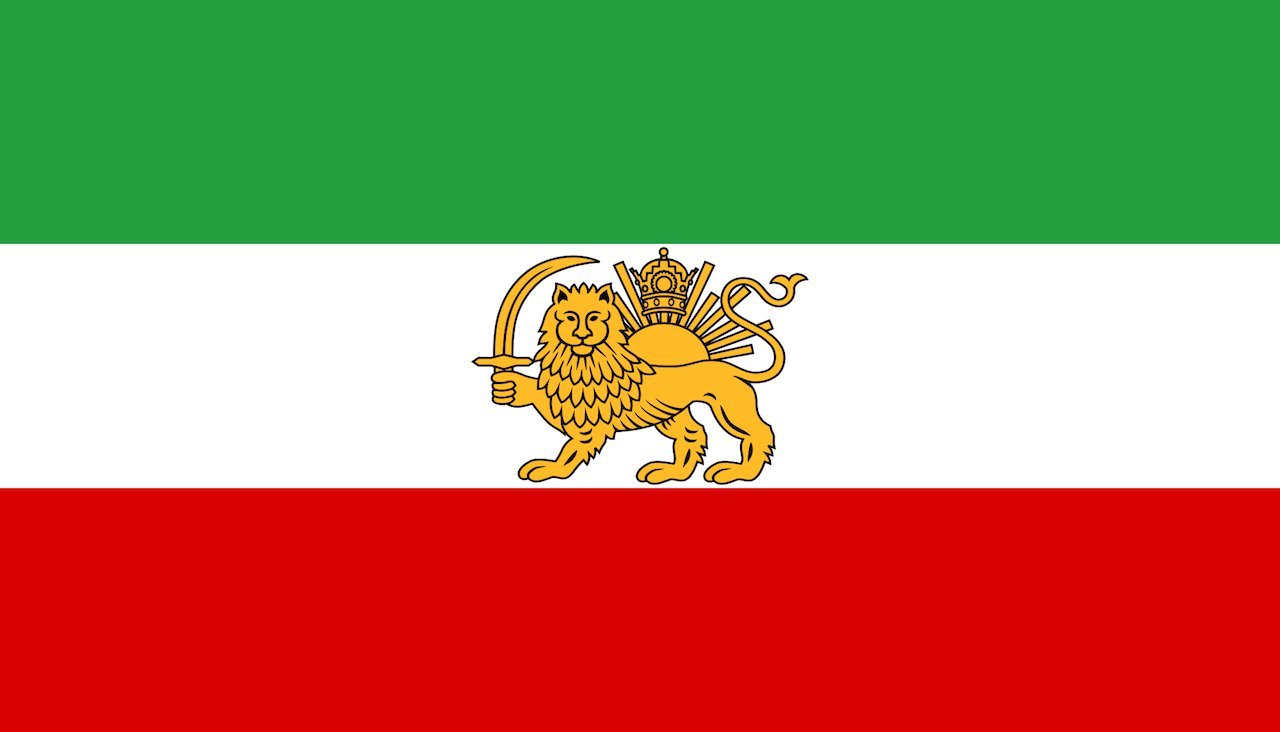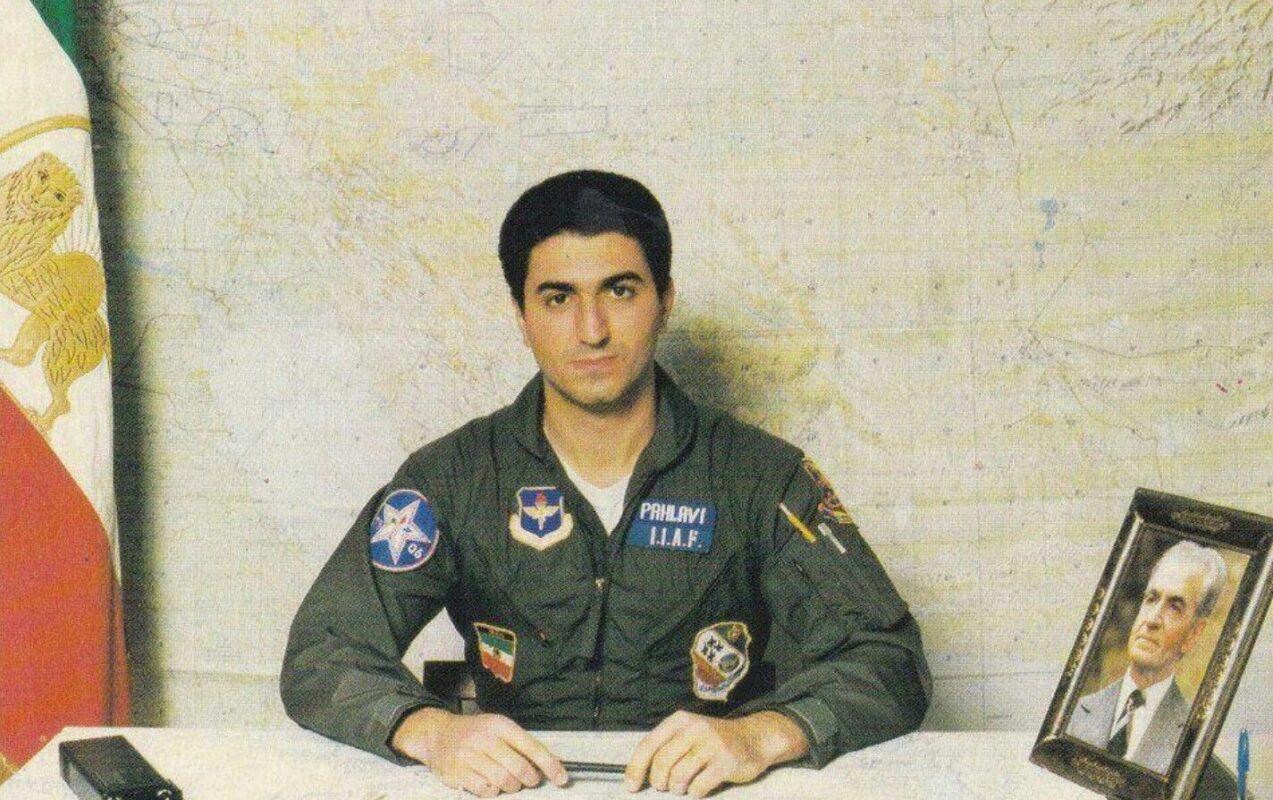Throughout history, humans have never ceased to struggle for a better and safer life. We have fought against the forces of nature — earthquakes, floods, storms, landslides, and other disasters — to avoid becoming prey to wild animals, diseases, hunger, and so on. In the course of this long past, humans had to fight for survival.
As time passed, the concept of freedom also emerged as a significant issue in the social life of humanity. With the increasing complexity and diversity of social divisions of labor, relationships within societies, and between different societies, the issue of “struggle” transformed from its simple origins to a more complex form. This transformation involved the exploitation of a society’s resources and labor by authoritarian rulers, leading to more intricate forms of struggle.
The concept of struggle has evolved from its simple origins to a field of knowledge that a “revolutionary fighter” must learn. The need to learn this knowledge is critical, as ignorance of it can lead to irreparable failures for those fighting for fundamental social change.
What Is Struggle?
Struggle is defined as an additional effort, an intense endeavor to achieve, maintain, discover, or change something. Struggle is always undertaken to achieve a specific, predetermined goal.
What Is the Knowledge of Revolutionary Struggle and Why Is It Necessary?
“Revolution” refers to a transformation in the political, economic, and cultural structure of a society. Revolutionary struggle is the knowledge and skill required for this major social transformation. Like any other science, revolutionary struggle has its own specialized terminology and concepts. For example, in geometry, we speak of triangles, circles, and lines; in physics, we deal with mass, speed, and acceleration. In revolutionary struggle, we deal with terms such as political struggle, revolutionary struggle, secrecy, open activities, party struggle (internal and external), ideological struggle, and more.
Just as a misunderstanding of geometry can lead to a collapsed building, ignorance of revolutionary struggle can lead to the misdirection of the people’s struggle, imposing heavy physical, financial, and psychological costs on society while prolonging the survival of the oppressive regime.
Revolutionary struggle is not taught in schools or universities. While political science courses may touch on certain revolutions, these lessons do not provide the practical skills needed for revolutionary struggle, which is inherently tied to the specific context of each society.
Why Is Revolutionary Struggle Considered a Science?
Revolutionary fighters must understand history, economics, geography, sociology, philosophy, and the psychology of the people to avoid theoretical errors when defining their main strategy and tactics. They must be aware of the significant historical events and achievements of their nation, at least in modern history. Additionally, they must grasp the economic condition of the society, the causes of its backwardness, and the social issues that need to be addressed.
Revolutionary fighters gather, learn, and categorize information. This information ranges from knowledge of the regime’s security forces and their tactics for hunting revolutionaries to an understanding of the current political forces and social structures within the country.
Revolutionary fighters must be skilled in diplomacy, negotiation, and even tactical retreat to avoid falling into reckless revolutionary enthusiasm, which could endanger the movement.
Revolutionary fighters must stay up-to-date with the latest techniques and tactics used by the regime’s forces to suppress the revolution and avoid being outmaneuvered by the enemy.
Revolutionary fighters must stay focused on the primary enemy and not be distracted by secondary issues. In our context, the primary enemy is the Islamic Republic. Revolutionary forces must concentrate their efforts on this regime and not allow their attention to be diverted elsewhere.
Who Are the Revolutionary Forces and Supporters of the National Democratic Revolution of Iran?
We believe that teachers, nurses, the broader medical community, workers, farmers, street vendors, artisans, small business owners, students, lawyers, government employees, private sector workers, soldiers, lower-ranking officers, artists, athletes, and all the hardworking and industrious people of Iran are the supporters of the national revolution. They represent the majority of the Iranian population, standing against the small minority who support the corrupt Islamic regime for their own short-term interests.
The Role of Revolutionary Fighters in Iran
Sincere, freedom-loving, and monarchist supporters follow the wise leadership of Crown Prince Reza Pahlavi, striving to dismantle the cycle of oppression, dependency, backwardness, and reactionary policies in today’s Iran. They aim to establish a democratic society, free from dictatorship and based on equality before the law. By restoring the monarchy and raising the tricolor flag with the lion and sun emblem, these fighters are working to reclaim Iran for every Iranian.
Revolutionary fighters must stay focused, gather the trust of the people, and organize them for a powerful revolution that will overthrow the vile Islamic regime. A true revolutionary never rests; they are always in pursuit of understanding the relationships between social phenomena, gaining knowledge, analyzing data, and identifying priorities. A monarchist revolutionary must constantly seek to refine their understanding and avoid wishful thinking, always staying grounded in reality.
Conclusion
In conclusion, our organization firmly believes that Crown Prince Reza Pahlavi, as the legitimate heir to the throne, is a prominent political leader, a guide, and a king. His directives are essential for every revolutionary who loves their country and yearns for Iran’s liberation and freedom. Revolutionary fighters must focus on organizing and mobilizing the people of Iran to overthrow the Islamic regime. By developing their political, revolutionary, and combat knowledge, they can elevate their revolutionary spirit and become exemplary monarchist fighters.



 فارسی
فارسی